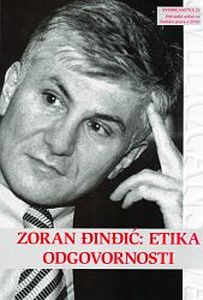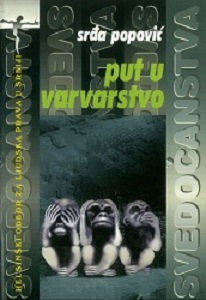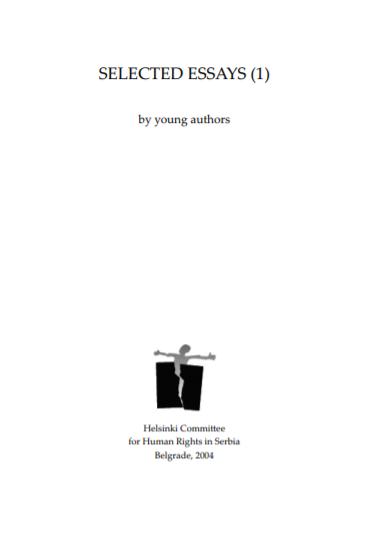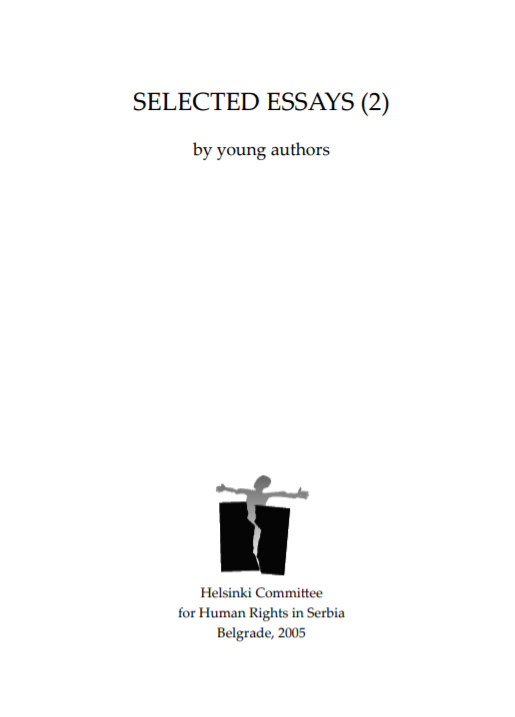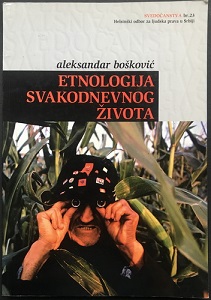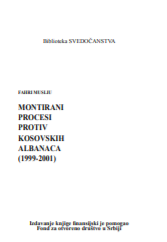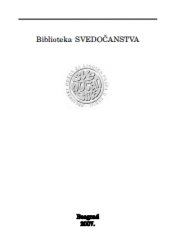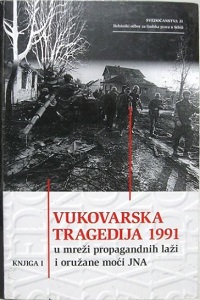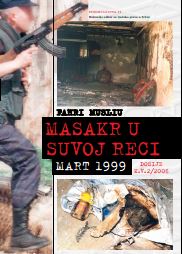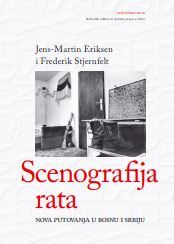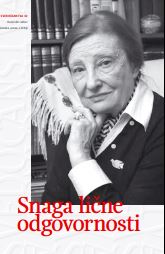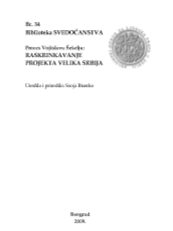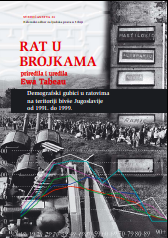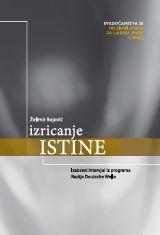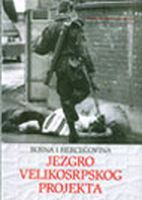
Bosnia-Herzegovina - The Core of the Greater Serbia Project
Bosna i Hercegovina - jezgro velikosrpskog projekta
"The international community's recognition of Bosnia-Herzegovina on April 6, 1991 set into motion the formidably brutal policy of extinction of the Muslim population. From April to August 1991, the Serbs have actually occupied 70 percent of Bosnia's territory. Numerous cases that have been or are still processed by the tribunal in The Hague testify of that. Many have not even been investigated so far, particularly those related to Eastern Bosnia and the Drina River valley. The Serbian troop's blitzkrieg besieged Sarajevo in couple of days only. "The siege of Sarajevo begun earlier in 1991. The fact that the Army entrenched itself all round Sarajevo as early as in autumn 1991 and distributed arms to the Serbian population also testifies that the aggression against Bosnia was planned way back. It was in October 1991 that Radovan Karadzic, preparing the Serbian population in Bosnia-Herzegovina for a plebiscite, said, "You must take over the power energetically and totally. Regardless of what will come out of Bosnia, no foundation for a Muslim house shall be laid in Serbian lands or in a Serbian village. Any foundation laid will be blown to pieces. The world will understand our opposition to any change in demographic structure be it natural or artificial. Our territories belong to us alone. We may be hungry, but we'll stick to those territories. This will be a battle for life or death, the battle for living space." Referring to possible difficulties with the international community, Karadzic said, "Foreign observers will come for sure, they'll keep everything under surveillance. They'll be malevolent. All of them will be malevolent except for those we'll acquire from England - only they will be objective," says the editor in Chapter I - "Destruction of Bosnia." Chapter II presents a chronology of the Bosnian war, Chapter III carries testimonies before the tribunal in The Hague, mostly expert testimonies, Chapter IV stands for a Sarajevo "dossier," Chapter V deals with the media presentation of the war in Bosnia, while Chapter VI carries integral sentences in Galic and Plavsic cases.
More...
